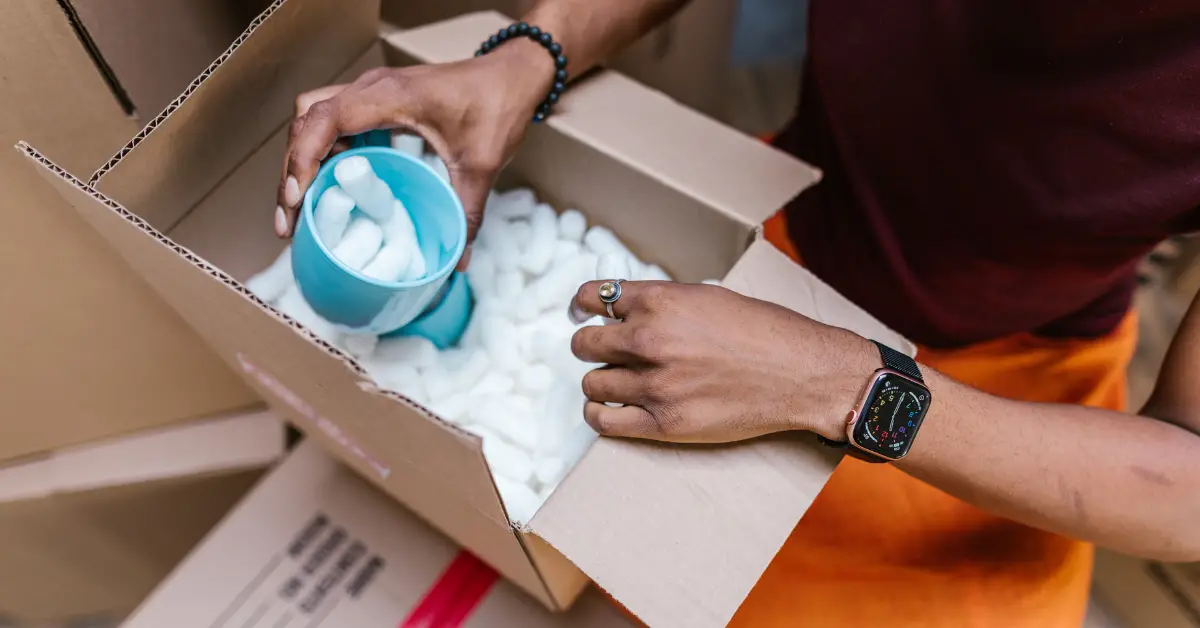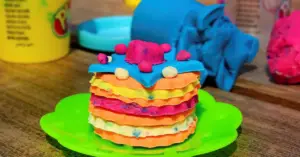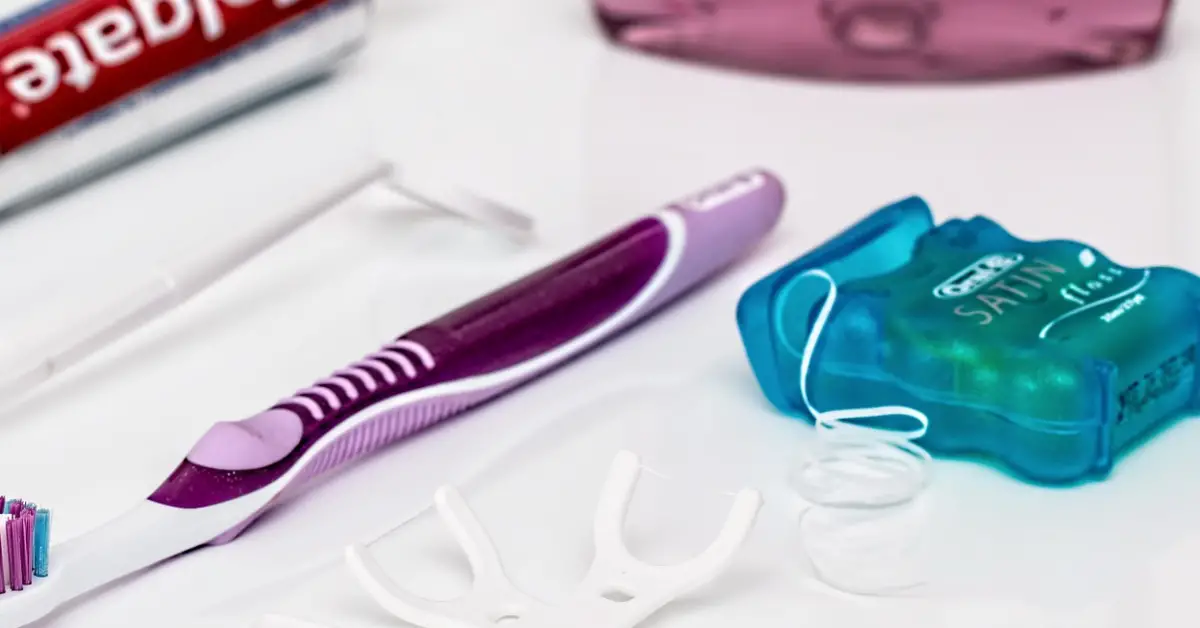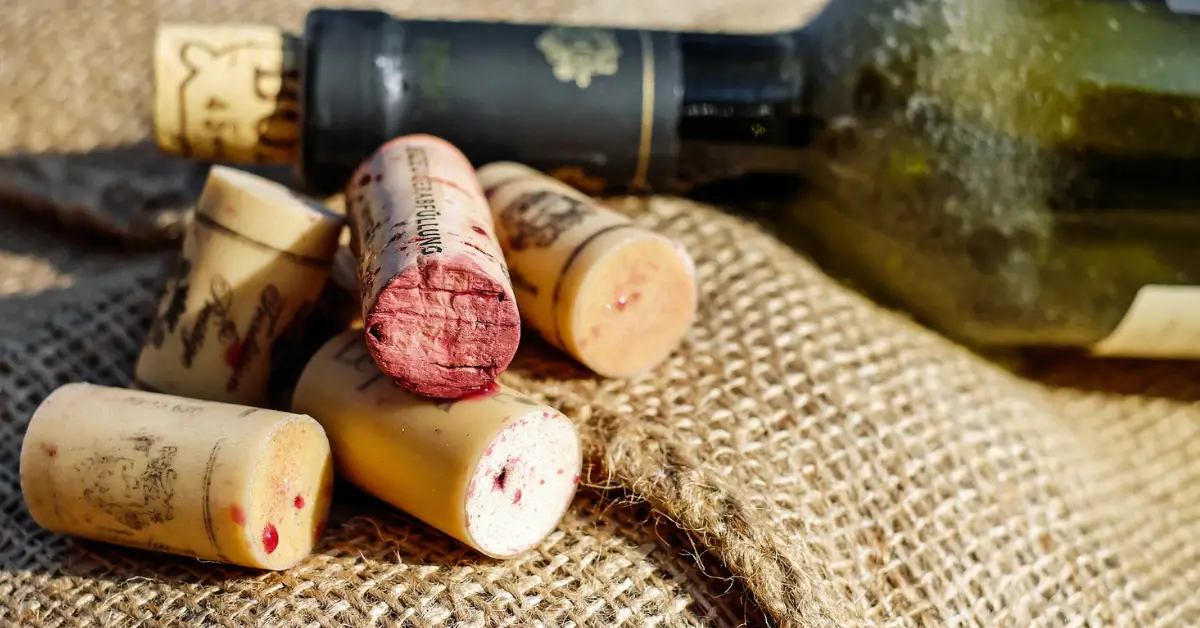Online shopping is becoming more and more common – with this comes a whole host of packaging solutions. Packing peanuts are often the go-to option for businesses that sell fragile items, from antiques to electronics. These effectively cushion items on their journey whilst being cost-effective and light. We must, however, consider their environmental impact after-use. Although reusing them in some way is always favored, are packing peanuts biodegradable in the right conditions or will they hang around forever? The answer is not straightforward – it largely depends on what they are made from. Let’s take a closer look…
What are packing peanuts made from?
Standard packing peanuts are made from polystyrene – a foam that is derived from petroleum. Natural, more eco-friendly packing peanuts are also now widely used. These are, generally, made from wheat and corn starches.
If you are unsure which type of packing peanuts you have, the test is simple. Pop one in water – if it dissolves, it is the natural variety. The polystyrene ones won’t be altered at all in the presence of water.
So, are packing peanuts biodegradable?
If an item can be broken down naturally by micro-organisms, such as bacteria, it is said to be biodegradable. Packing peanuts made from natural sources, such as cornstarch, are biodegradable. They, came from nature and they can, essentially, return to nature. The traditional polystyrene variety will not biodegrade. They will break down into smaller and smaller pieces over time but will not technically ‘biodegrade’. This can take hundreds and hundreds of years. All the polystyrene packing peanuts you have used in your lifetime will still be in landfill if you put them in the trash! The cornstarch ones, on the other hand, will only take a matter of days to fully biodegrade.
Can packing peanuts be composted?
Composting is a great way to dispose of organic waste. As well as diverting items from landfill, it also provides you with a nutrient-rich fertilizer. Saving you money and helping save the planet – what’s not to like?!
It is a common misconception that anything biodegradable can be composted. This is not the case. All items that are compostable must be biodegradable, but not all biodegradable items are compostable! For example, if a biodegradable item is laden with chemicals, it cannot be added. This would contaminate the pile and, ultimately, end up amongst your plants.
Thankfully, the natural/biodegradable packing peanuts can be added to the compost bin. Compost ingredients fall into two main categories – nitrogen-rich ‘greens’ and carbon-rich ‘browns’. The cornstarch packing peanuts contain carbon, so fall into the ‘browns’ category. As always, ensuring you have a suitable mixture of ‘greens’ and ‘browns’ is key to healthy compost pile. We recommend keeping it simple with a 1:1 ratio – not as much math involved! Monitor the pile and adapt as you go. Composting is very much trial-and-error!
If you have the facility to compost, we highly recommend doing so. Biodegradable items will break down in landfill – but it takes a LOT longer. The conditions in landfill are simply not optimal. Things are packed in so tight that airflow, moisture, and bacteria are limited.
The bottom line
Diverting waste from landfill will reduce our impact on the planet. And composting is a great way to do this – saving you money on shop-bought fertilizers and kinder to nature too.Traditional packing peanuts are not biodegradable and can’t be composted. Thankfully, more eco-friendly varieties are widely used. Made from cornstarch and other natural materials these are biodegradable and fit for the compost bin. Give them a good mix around the pile, and they should breakdown in hardly any time at all – they are one of the easiest items out there to compost!








